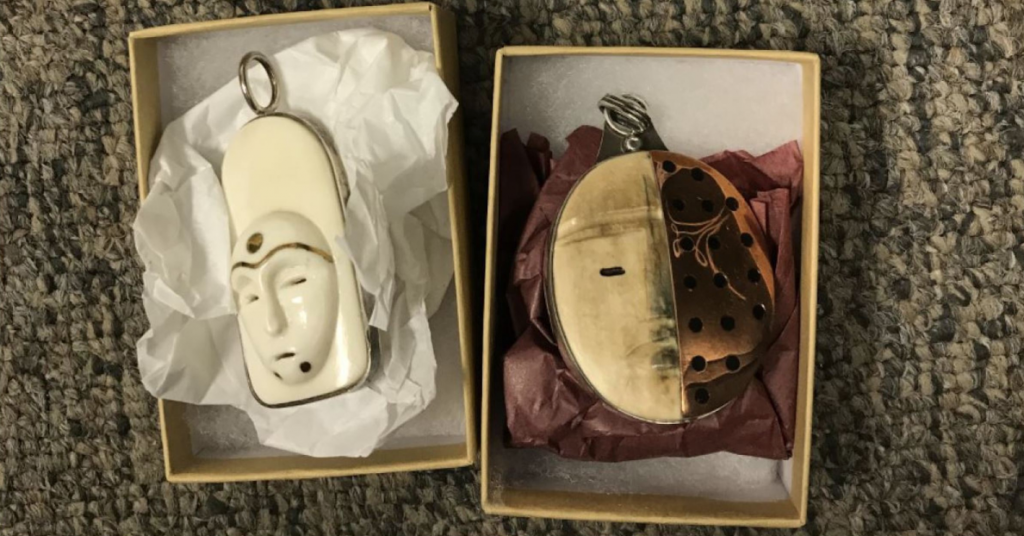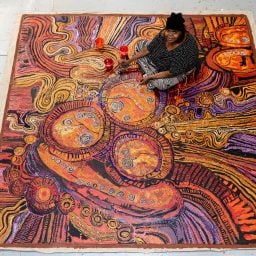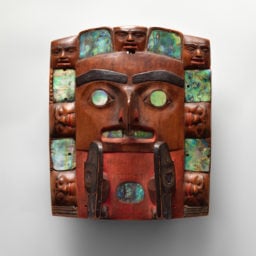An artist based in Washington state has been sentenced to 18 months of federal probation for violating the Indian Arts and Crafts Act (IACA) after misrepresenting himself as Native American to sell his work.
Over the course of a decade, Jerry Chris Van Dyke, also known as Jerry Witten, sold more than $1,000 worth of carved pendants based on Aleut masks in Seattle’s Pike Place Market. In doing so, he claimed to be a member of the Nez Perce Tribe, despite having no Native heritage.
Van Dyke, 67, pleaded guilty this March to misrepresentation of Indian produced goods and products. In handing out his sentence at a hearing last week, U.S. District Judge Tana Lin cited Van Dyke’s long history of “undermining a community and identity,” according to an announcement from the United States Attorney’s Office in the Western District of Washington.
“Artwork is full of our culture… it is a piece of who we are,” said Shannon Wheeler, Chair of the Nez Perce tribe, at the hearing. The sale of fake Native art “continues a process of devaluing us as a people,” she added.
The investigation into Van Dyke began in early 2019, when the Indian Arts and Crafts Board (IACB) received a tip that he was erroneously representing himself as a Nez Perce member. Undercover authorities from the U.S. Fish and Wildlife Service purchased the artist’s work and learned that he had been provided with ivory, antlers, and animal bones from the owner of the gallery.
In interviews with agents, Van Dyke admitted that he was not enrolled with the Nez Perce Tribe and was aware of IACA, a 1990 truth-in-advertising law that prohibits the false marketing of Native arts and crafts products. He was charged in 2021.
“The prosecution of Jerry Van Dyke under the Indian Arts and Crafts Act for counterfeiting Alaska Native art is another critically important step in protecting the economic livelihoods and rich cultural heritage of contemporary and traditional Indian artists, as well as preserving the vitality of the Indian art market in the Northwest and nationwide,” said IACB Director Meridith Stanton in a statement.
In a separate case that paralleled Van Dyke’s, another Western Washington artist, Lewis Anthony Rath, was charged with misrepresenting himself as a member of the San Carlos Apache Tribe through his work. He too pled guilty in March. Rath’s sentencing hearing is scheduled to take place on September 27, 2023.









